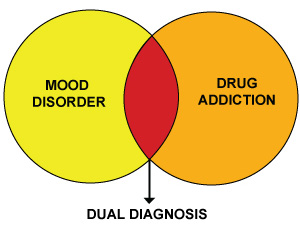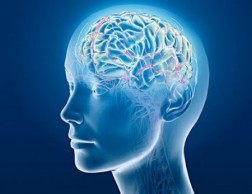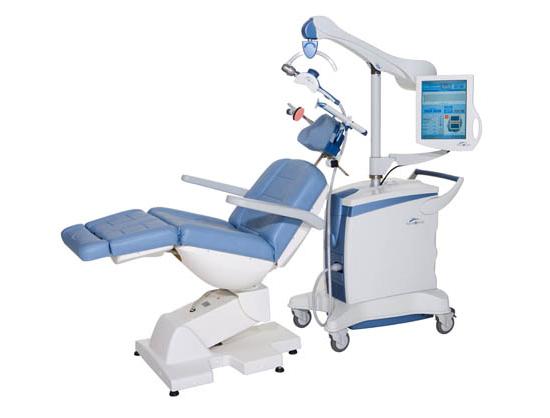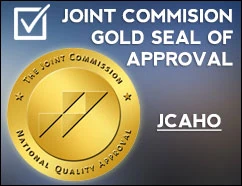The Substance Abuse and Mental Health Services Administration (SAMHSA) recommends the most effective method of treating a co-occuring disorder of substance abuse and mental illness is to treat both conditions at the same time.
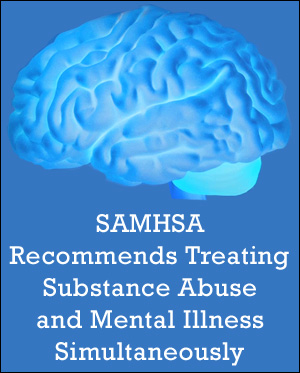 The National Alliance on Mental Illness (NAMI) states that about 50 percent of people suffering with severe mental health disorders are also affected with substance abuse.
The National Alliance on Mental Illness (NAMI) states that about 50 percent of people suffering with severe mental health disorders are also affected with substance abuse.
According to estimates from NAMI, 29 percent of people who receive a mental health illness diagnosis also abuse substances.
The definition of substance abuse is a harmful pattern of using any substance to altar one’s mood. Mental illness disorders are usually characterized by deregulation of thought, behavior or mood, as recognized by the American Psychiatric Association’s Diagnostic and Statistical Manual, fifth edition (DSM-5).
Understanding Dual Diagnosis
People suffering with a mental health disorder, combined with a drug or alcohol addiction, have what is referred to as a co-occurring disorder (dual diagnosis). Typical mental health disorders associated with co-occurring disorders include anxiety, mood, psychotic and personality disorders. There are non 12 step programs available at some treatment centers that treat both disorders at the same time, while many other facilities do not have staff available to accommodate both and do not accept patients with a dual diagnosis.
Each Disorder Has Its Own Symptoms
Because each disorder has unique symptoms, the ability to interact and function in daily life may be challenging. It’s important to consider drug and alcohol treatment centers that provide treatment for mental health disorders along with substance abuse issues simultaneously. Otherwise, chances for relapse will remain high and drug or alcohol addiction will continue. Treatment centers that offer co-occurring treatment will ALWAYS have medical doctors on staff with expertise in psychiatry to treat mental illness AND addiction medicine to treat drug or alcohol abuse.
Determining which disorder came first can be difficult. This is because substance abuse tends to cause side effects that mimic mental health disorders, such as anxiety, mood disorders and depression. People with a genetic predisposition for mental health issues or who are more susceptible to stress or trauma, might exhibit intensified symptoms brought on by alcohol or drug addiction.
Treating Dual Diagnosis
The relationship between the alcohol or drug addiction with a mental health disorder makes treatment a bit more complicated than treating one or the other separately.
For people with a dual diagnosis condition, the integrated approach is the best treatment course of action. This treatment method combines mental health and substance abuse treatments together. The goal of treatment is to get to the root of the underlying problem to ensure a successful recovery.
The Substance Abuse and Mental Health Services Administration (SAMHSA) states that treating co-occurring disorders:
- Gives one the opportunity to learn about drugs and alcohol
- Helps one think about the roles of drugs and alcohol in their life
- Helps one identify and develop recovery goals
- Provides unique counseling that is specifically designed for people with a dual diagnosis
- Helps one become involved in services that might help the recovery process (i.e., supported employment)
The Recovery Process
An individual with a dual diagnosis may be in treatment longer than a patient with a single disorder will. This is because individuals with a dual diagnosis will generally experience more crises, causing for a slower treatment progression. Nevertheless, time, proper treatment and dedication can help one successfully travel this road. There is hope for recovery from a dual diagnosis.



